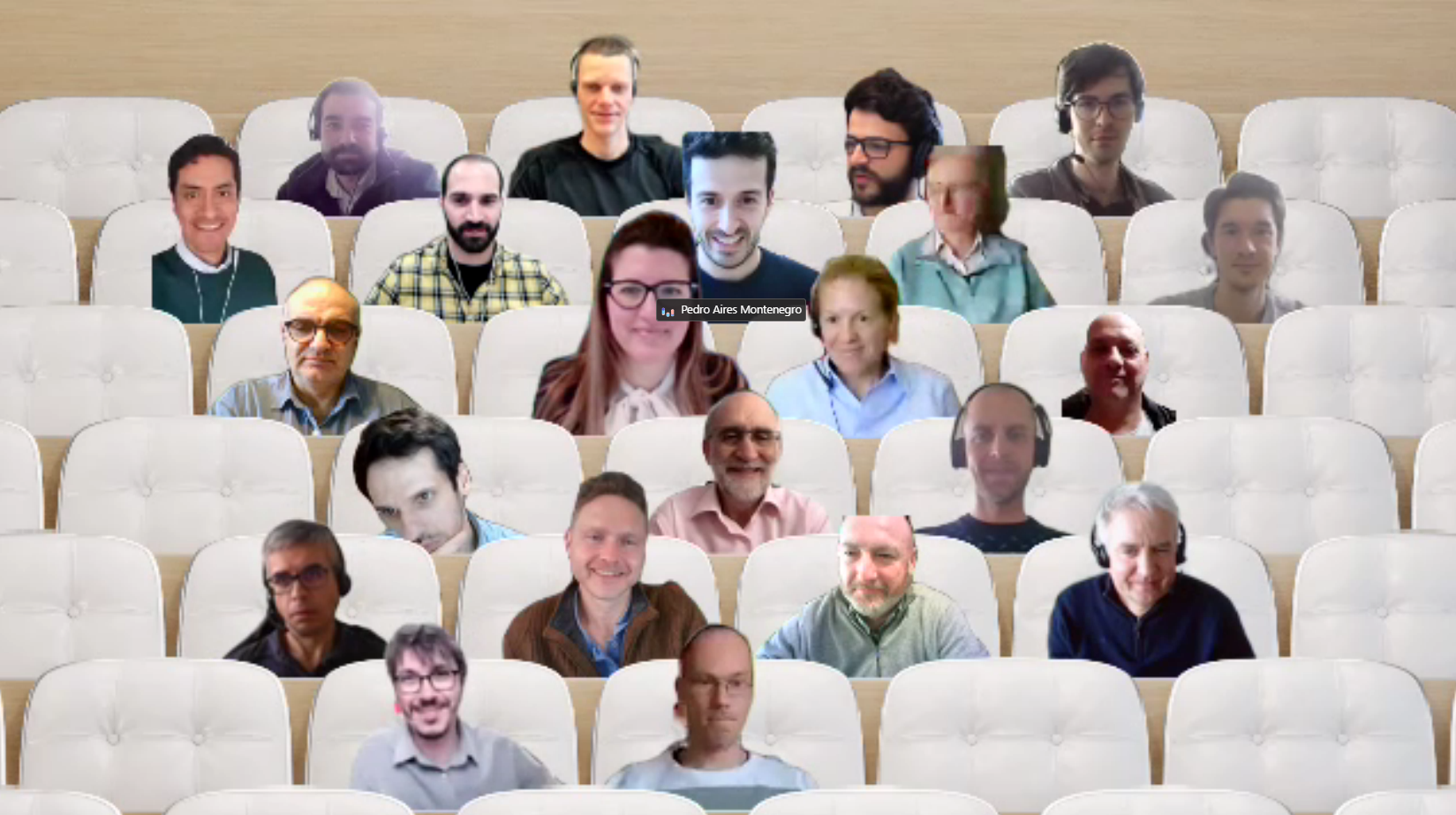All InBridge4EU partners met on March 20th for the first Regular Technical Meeting, held online. The meeting was also attended by members of the advisory board and a Europe’s Rail representative.
As the project reached month 7, Work Package (WP) leaders presented the current status of their work. Even at such an early stage, 5 milestones were already scheduled and have been successfully delivered, with 5 more coming in the next six months. The full-day meeting allowed for lengthy technical discussions that were enthusiastically met by the researchers.
After a welcome message from the Project Coordinator, UPM presented WP1, where trains are the main focus. HUD, UPV and DB researchers have been collecting information on hundreds of train configurations, with train categories and assessment equations already being discussed.
On the other side of the tracks, WP2 is all about the bridges. UJI and UdS have been working closely with infrastructure managers (ADIF, IP, DB, SNCF, and Trafikverket), collecting data on more than 400 railway bridges across the continent. A bridge database is now being compiled.
KTH kicked-off the afternoon presentations with WP3. Although this WP’s tasks are scheduled until month 36, background research has been done, and additional experimental tests are now being planned, with the goal of improving on the current amplification factors.
Field work kept being discussed as WP4 came on. UPORTO and AVLS collected existing bridge experiments to estimate damping. Participants discussed challenged their calculations face, which serves as the motto for the upcoming work.
Lastly, BAM, KTH and UPORTO presented WP5. Both lab and field tests are being planned for the assessment of acceleration limit in ballasted tracks, as well as new simulation and reliability techniques. In ballastless tracks, simulations have also been conducted.
The Project Coordinator closed the meeting with a few final remarks on the timeline, dissemination, and the status of cooperation with external partners.
